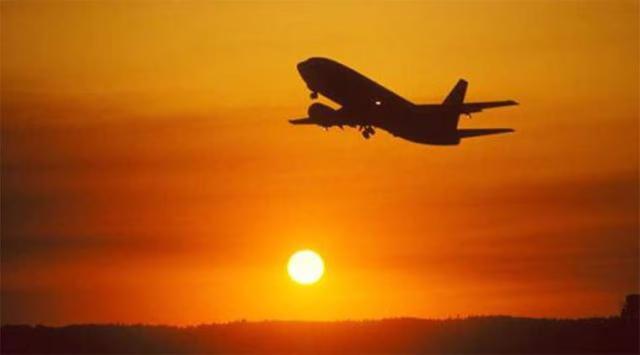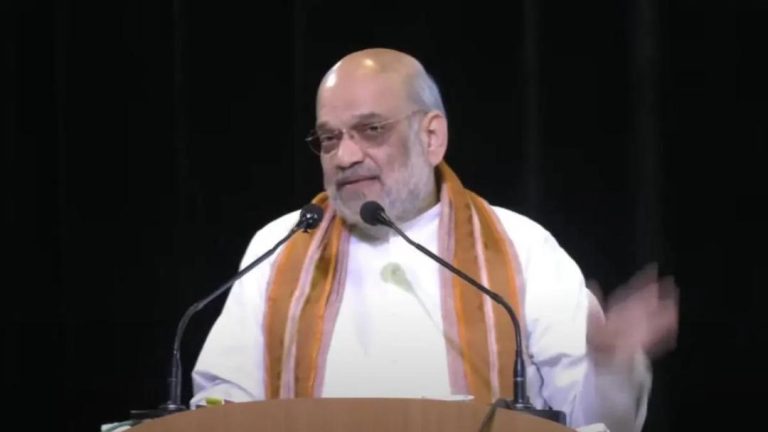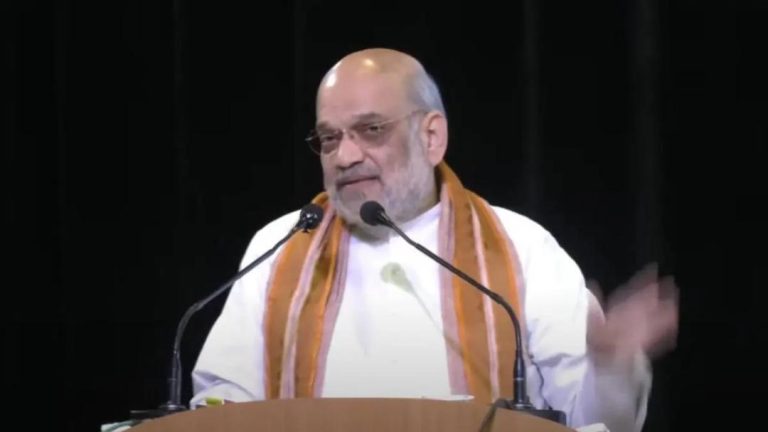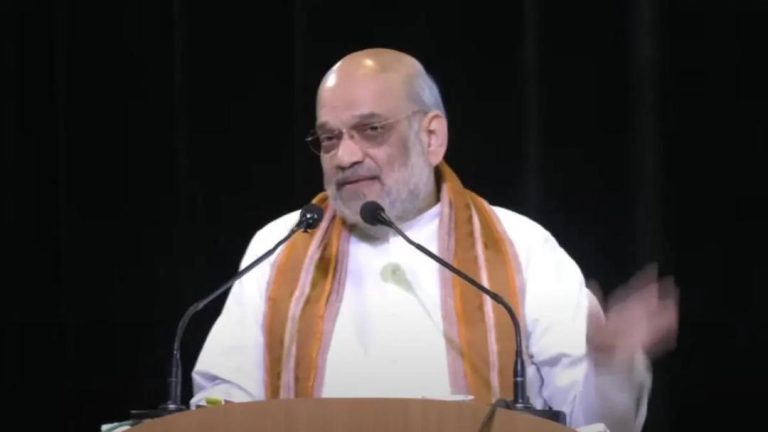
Title: Class 12 Physics & Math Requirement for Becoming Commercial Pilot Might be Scrapped: Report
Introduction:
The world of commercial aviation has long been dominated by individuals with a strong foundation in Science, Technology, Engineering, and Mathematics (STEM) subjects. In India, the Directorate General of Civil Aviation (DGCA) has been following a similar trend, requiring students to have studied Physics and Math in Class 12 to be eligible for commercial pilot licence training. However, this might be about to change. According to a recent report, the DGCA is planning to scrap the current rule, opening up the possibility for students from non-STEM backgrounds to pursue a career in commercial aviation.
The Current Requirement:
For over two decades, the DGCA has maintained a strict requirement for students seeking to become commercial pilots. To be eligible for commercial pilot licence training, students must have completed Class 12 with a minimum of 50% marks in aggregate and 40% marks in each subject. Additionally, they must have studied Physics and Math as compulsory subjects in Class 12. This requirement has been in place since the mid-1990s, and has been a significant barrier for students from non-STEM backgrounds who wish to pursue a career in commercial aviation.
The Proposed Change:
The DGCA is reportedly considering a significant relaxation of these requirements, allowing students from non-STEM backgrounds to pursue a career in commercial aviation. According to the report, the DGCA is planning to scrap the requirement for students to have studied Physics and Math in Class 12. Instead, students will be required to pass a aptitude test and meet certain physical and medical requirements to be eligible for commercial pilot licence training.
Impact on Education and Employment:
If the DGCA’s proposal is implemented, it could have a significant impact on the education and employment landscape in India. For students from non-STEM backgrounds, this would be a welcome change, as it would open up new opportunities for them to pursue a career in commercial aviation. It would also lead to a more diverse pool of candidates applying for commercial pilot training, which could be beneficial for the industry as a whole.
However, the proposal could also have implications for the education system in India. With the requirement to study Physics and Math in Class 12 being scrapped, schools and colleges may need to rethink their curriculum and teaching approaches. This could lead to a greater emphasis on other subjects, such as English, Social Science, and Humanities, which are currently underrepresented in the education system.
Challenges and Concerns:
While the proposed change may be beneficial for some students, it also raises several challenges and concerns. One of the main concerns is the potential impact on the quality of commercial pilots. Commercial aviation is a highly technical and demanding field, requiring pilots to have a strong understanding of complex mathematical and scientific concepts. If students from non-STEM backgrounds are allowed to pursue commercial pilot training without meeting the current requirements, there may be concerns about the quality of their training and their ability to perform their duties safely and effectively.
Another concern is the potential for commercial pilot training to become less prestigious and more accessible. While this may be beneficial for some students, it could also lead to a degradation of the profession as a whole. Commercial pilot training is a highly competitive and demanding field, requiring pilots to undergo rigorous training and testing to ensure that they are equipped to handle the demands of the job. If the requirements are relaxed, there may be concerns about the impact on the quality of training and the professionalism of commercial pilots.
Conclusion:
The proposal to scrap the requirement for students to have studied Physics and Math in Class 12 to be eligible for commercial pilot licence training is a significant development in the world of commercial aviation. While it may be beneficial for some students, it also raises several challenges and concerns. The DGCA must carefully consider the potential implications of this proposal and ensure that any changes to the requirements are made with the safety and quality of commercial aviation in mind.
Source:





